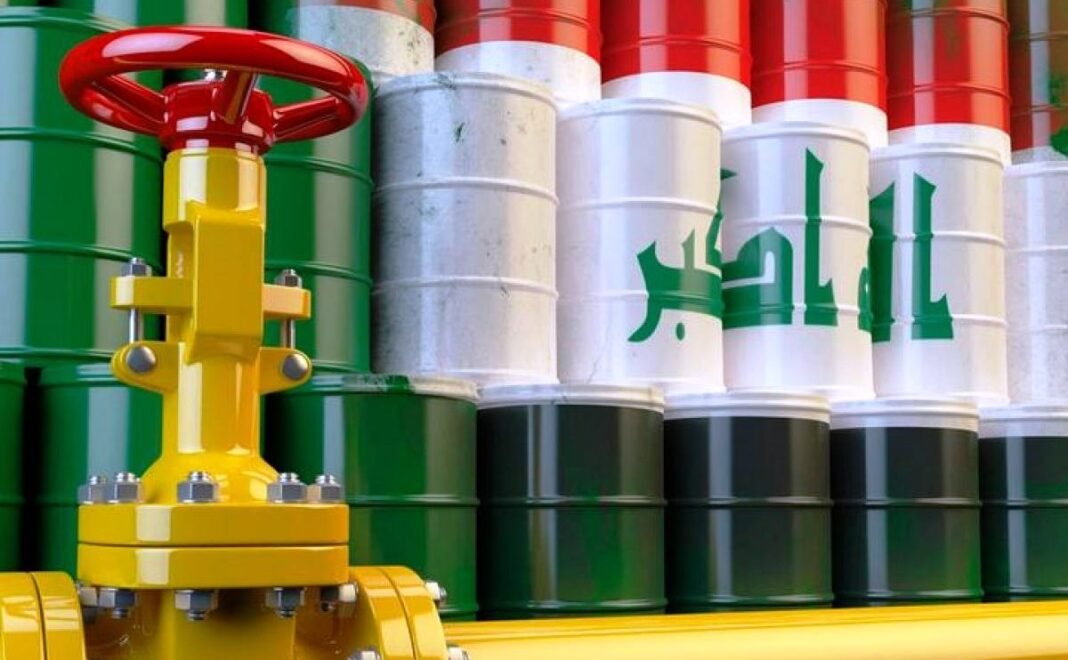Oil prices eased slightly on Friday but remained near one-month highs, on track for a third straight week of gains due to a tightening global supply outlook. This follows recent U.S. tariffs on countries purchasing oil from Venezuela and restrictions on Iranian oil exports.
Brent crude futures fell 14 cents, or 0.2%, to $73.89 a barrel. U.S. West Texas Intermediate crude was down 12 cents, or 0.2%, at $69.80 a barrel by 0431 GMT.
The U.S. move has created fresh uncertainty, causing Venezuelan oil shipments to its largest buyer, China, to stall. In addition, India’s Reliance Industries, operator of the world’s largest refining complex, is set to halt Venezuelan oil imports.
“The loss of Venezuelan crude exports due to secondary tariffs, along with the potential impact on Iranian oil, has led to a tightening in global supply,” said June Goh, senior oil analyst at Sparta Commodities.
Oil prices have also been supported by stronger demand signs in the U.S., the world’s top oil consumer, as its crude inventories fell more than expected. The U.S. Energy Information Administration reported a 3.3 million barrel drop in crude stocks to 433.6 million barrels for the week ending March 21, exceeding analysts’ forecast of a 956,000-barrel decline.
However, the broader global outlook for oil trade remains uncertain. Increased U.S. tariffs on trading partners raise concerns over a potential economic slowdown that could dampen oil demand.
As a result, analysts do not expect substantial price gains to persist. “Given the market’s volatility, we maintain our forecast for Brent crude to average $76 per barrel in 2025, down from $80 per barrel in 2024,” said analysts at BMI.


